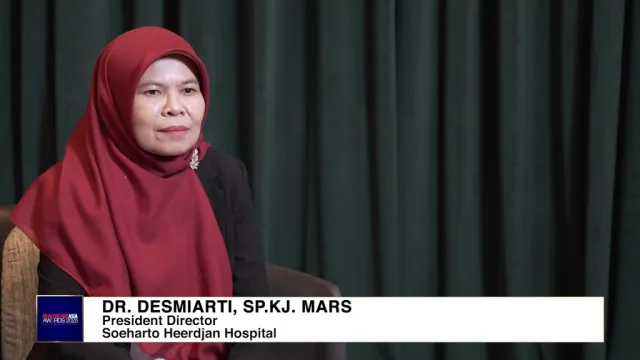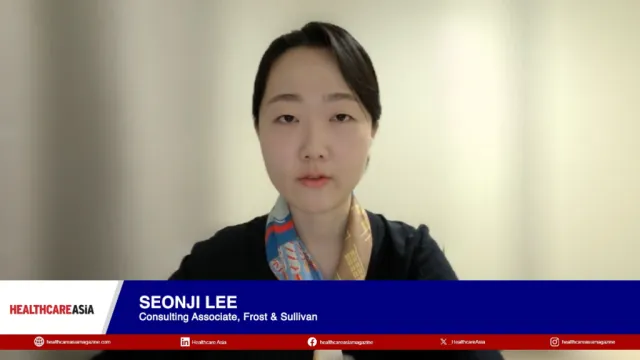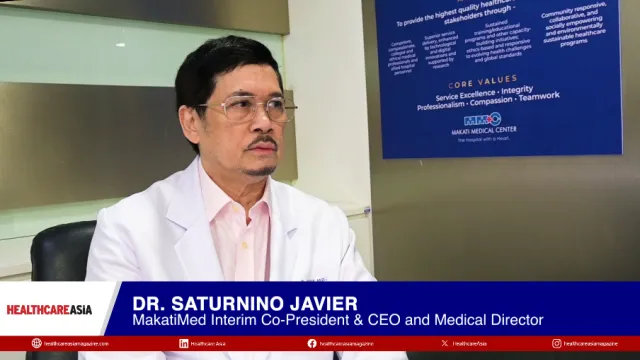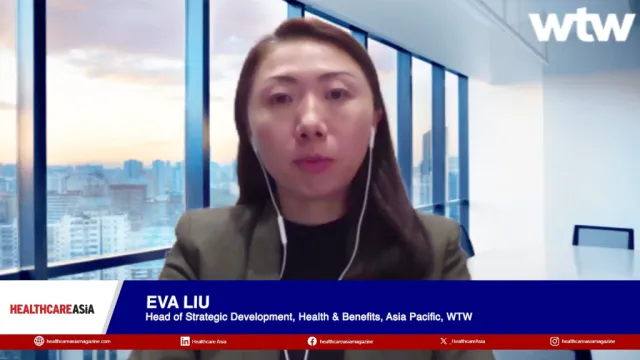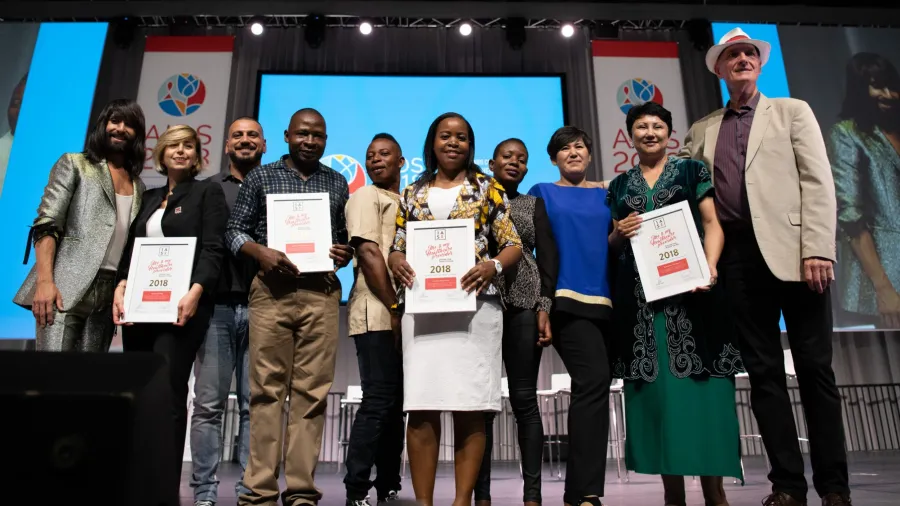
Me & My Healthcare Provider targets HIV’s ‘Achilles heel’
The International AIDS Society and Gilead Sciences partner to promote stigma-free HIV care in Asia.
Apart from vaccines and cures, the stigma in the human immunodeficiency virus (HIV) world is its 'Achilles heel' or vulnerable point, International AIDS Society (IAS) President Adeeba Kamarulzaman observed.
This is why Me & My Healthcare Provider campaigned to promote the best practices in healthcare service delivery by recognising frontline healthcare workers who deliver quality HIV prevention, treatment, and care—often in the face of discriminatory laws, as well as stigmatising traditions and beliefs.
The International AIDS Society (IAS) recently announced its partnership with Gilead Sciences to expand the Me & My Healthcare Provider campaign to three locations in Asia: Hong Kong, South Korea, and Taiwan. They will also renew the programme in Brazil and Mexico.
Healthcare Asia had a conversation with Kamarulzaman and Gilead Sciences Asia 5 Vice President and General Manager Andrew Hexter to know more about what the Me & My Healthcare provider entails.
What events or factors led to the inception and the formation of the Me and My Healthcare Provider campaign?
Kamarulzaman: The campaign was launched in 2016 and champions celebrated on the Global Village main stage of the 21st International AIDS Conference (AIDS 2016) in Durban. That predated me becoming president of the IAS. I think it's always been known that stigma within healthcare settings, even after 40 years of the HIV pandemic, remains a big problem. The impact that it can have on people living with HIV or people at risk is huge. So, the idea was to highlight best practices and get people within the healthcare settings who show good examples.
Hexter: Since IAS commenced the programme, Gilead has been a huge fan and watched with excitement, so the opportunity for us to participate is exciting. Working together with IAS to reduce stigma, highlight the incredible work of healthcare professionals in different countries worldwide, and highlight best practices is crucial to how Gilead sees the totality of HIV prevention and treatment. Working, partnering, and collaborating is a natural extension of the great work that IAS already started with this programme.
How will the Me and My Healthcare Provider campaign help alleviate the stigma of HIV, particularly in Asia?
Kamarulzaman: The Asian program sponsored by Gilead is just going to begin. Previously, the focus has been on a few countries in Africa, Latin and America. In Asia, except in Indonesia, the campaign hasn't taken off yet.
What we do know is a concerted effort in raising awareness and giving healthcare providers the right information is powerful in bringing either people living with HIV or members of the key population in contact with medical professionals at a very early stage. Some of my students, for instance, have not met anyone living with HIV. When they get exposed and get to meet and talk to a person living with HIV, that's often quite powerful.
Hexter: Healthcare professionals like Professor Kamarulzaman and other healthcare professionals throughout Asia play an important role in stigma-free services. There are a lot of positive stories we can uncover or shine a light on and share with others. We're doing that through the program with community-based organisations (CBOs) that we've been heavily involved with over the ten years that we've been in Asia. There are a lot of opportunities for HCPs to be exposed to and have a positive impact on reducing stigma or stigma-free services. By highlighting positive stories, you end up with these role models and these great stories that can be shared with others. By helping them understand the impact that they can have and getting it shared, you get a multiplier effect in stigma-free healthcare services. It's even more important now during the COVID-19 pandemic because HIV treatment and services have been hampered. I think it's a perfect time to generate that noise about how important it is for stigma-free services and the great work HCPs are doing.
What experiences do you remember the most since the inception and implementation of the campaign?
Kamarulzaman: One of the things we do is highlight some of these programmes at the annual IAS conferences where the visibility and reach are big. People with inspiring stories get invited to provide training or speak at other venues and other conferences, as well as national-level programmes. The ripple effect is quite strong. One example that we have had were the champions in Brazil. After their good work was highlighted, they were invited to speak at the XI UNGASS-AIDS Forum. You amplify what is potentially a local program with the platform that we give at these international AIDS conferences.
Hexter: Since 2018, we've launched an HIV-specific Gilead Asia Pacific Rainbow Grant, which has made over US$4.5m in donations to 112 projects across the Asia Pacific. The projects were focused on stigma and discrimination, which has always been a pillar of our focus in our grantmaking. We've launched a series of community masterclasses, which are virtual Zoom workshops, to connect CBOs from around the region to each other. With a lack of travel, the response of being able to continue that education has been overwhelming. In addition to that, we continue to connect CBOs within the region and internationally to support their capacity building and learning from each other, so we can take these local cases and amplify them throughout different areas of the world. In the same way, like Me and My Healthcare Provider, the Gilead Asian Rainbow Grant was made to ensure that they're not isolated because there's so much that we can share between what physicians are doing and what CBOs are doing. That is how we will achieve success and have a stigma-free service for people living with HIV.
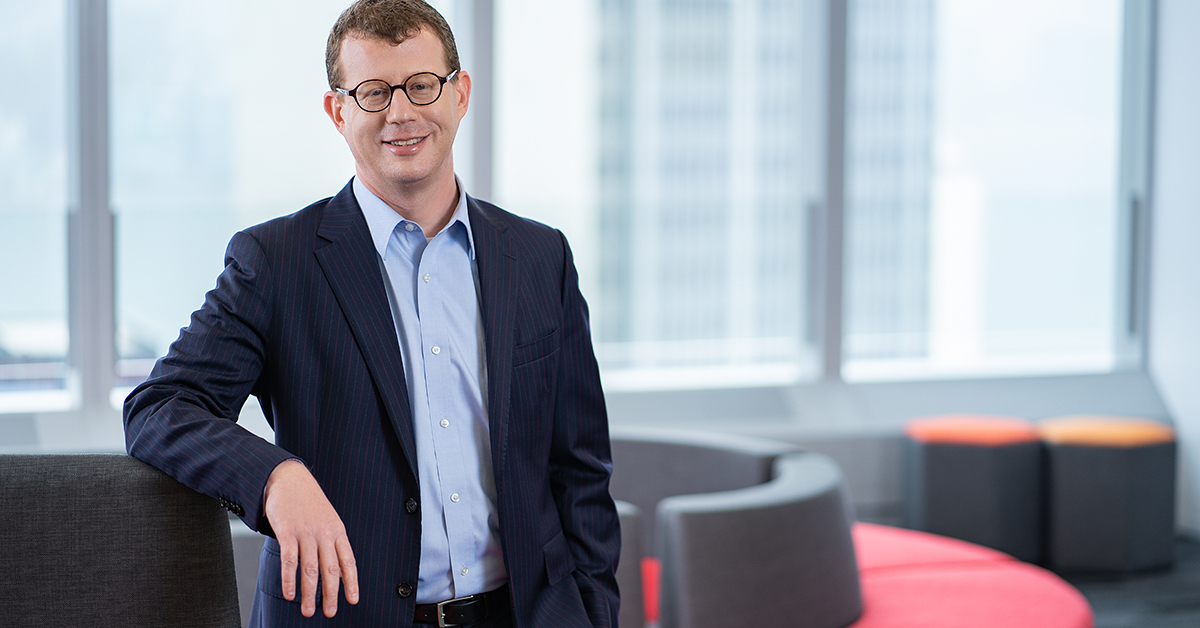 Gilead Sciences Asia 5 vice president and general manager Andrew Hexter
Gilead Sciences Asia 5 vice president and general manager Andrew Hexter
What were the criteria that you considered for Taiwan, Hong Kong and South Korea to be included in the list of areas included in the campaign?
Hexter: From the Gilead perspective, we've chosen to implement in Korea, Taiwan and Hong Kong because that's the geographic area that we cover. There are certainly many criteria and geographic areas that could be expanded to in the future. But for us, this was the starting point. When we think about the need to reduce stigma or provide stigma-free services, it's not just limited to these countries. The more that we can do to impact countries around the world, the better. If you look at the great work that Me and My Healthcare Provider has done so far, they've been in 17 countries and have 36 champions.
With these locations being eligible for this campaign, are there any incentives that they will get once they are included among the champions or are nominated, at least?
Kamarulzaman: With inspiring stories and programmes, HCPs will certainly be included as champions and will be highlighted at future meetings. Not only do we have the International AIDS Conference and the science conference, which are both huge platforms to showcase to the world, but we also have the IAS Educational Fund. The fund goes to countries in the region to potentially be able to showcase progress.
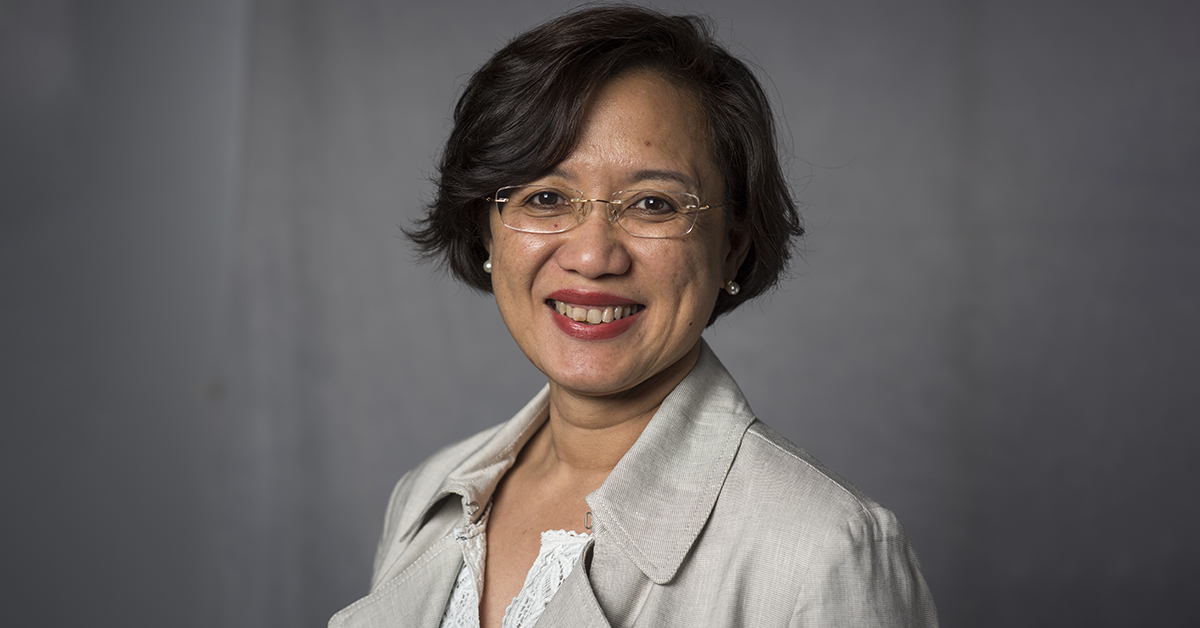 IAS president Adeeba Kamarulzaman
IAS president Adeeba Kamarulzaman
From both the biomedical and healthcare provider fronts, what difference did the global pandemic make towards HIV care?
Hexter: Gilead surveyed over 1,265 respondents across 10 countries and territories in the region, which include 667 people living with HIV, 455 individuals at-risk of HIV and 143 HIV care prescribers. From that, we saw there was a considerable disruption in care. Half of all respondents reported a disruption of care. In addition, UNAIDS has found a 41% decline in HIV referrals and treatment decline by 37%. Anecdotally, what we've seen is that when countries have had flares or infection spikes, hospitals have closed to patients because they've had to keep people out to stop the spread of COVID.
Kamarulzaman: As someone who had to continue to provide service for both [COVID and HIV], the urgency of the situation took us away from HIV. Unfortunately, in Asia, there are very few of us as well. Whether we liked it or not, we all had to respond very quickly because of the nature of its spread and the damage it was doing. It's not to say that from a treatment point of view, at least from my observation in my immediate team and Malaysian doctors, many adapted through telemedicine and multi-month dispensing of treatment. When it came to ensuring that prevention efforts continue, that was a lot tougher. People living with HIV were hesitant to go to the hospital for treatment for fear of acquiring COVID.
Despite this, we acknowledge many CBOs, like those in India, who responded by assisting with the delivery of anti-retroviral treatments to patients who were trapped at home.
Aside from this campaign, what other plans or projects do you have in terms of HIV care?
Kamarulzaman: The IAS will conduct a review of the current and previous programmes and see what are the motivations of our champions to try and better understand how inspirational good practice of stigma-free service provision can be scaled up. We hope to use the knowledge from that to make the program better and better and institutionalise some of the best practices. One of my goals is to institutionalise stigma-free practices in the medical curriculum. I'm not sure that the training of doctors and nurses in stigma reduction is institutionalised in the medical and other allied health curricula, particularly in low and middle-income countries. I would love to see stigma education elevated alongside patient safety stigma is very obvious in HIV care, similar to mental health and disabilities.
Hexter: Gilead will continue working with clinicians and academia around the world around long-acting orals and injectables. These are still under clinical trials. If proven therapeutic, those could be taken at longer intervals of between three months to a year. Moreover, I think what everybody would love to see is an HIV cure, and Gilead has been at the forefront of cures. We were the first company to discover the cure for hepatitis C. We continue to look for the cure for Hepatitis B and HIV. That is what clinicians like Professor Kamarulzaman, [the IAS], and Gilead are focused on, and we all have a mission and a passion to address this.
Any key takeaways you would like for our readers?
Kamarulzaman: Highlighting the advances in treatment and pre-exposure prophylaxis is hugely important. At the back of their minds, many non-infectious disease specialists still think that HIV can be a death sentence. We now know that if you treat someone effectively and they have an undetectable viral load, then the chance of them transmitting it to their sexual partner, babies, and through needlestick injuries is going to be zero. Those advances in HIV therapy and the whole concept of 'undetectable equals untransmittable' perhaps is not as widely known to the general healthcare population as they should be. That can go a long way in reducing the fear amongst healthcare workers of becoming infected themselves.
Hexter: While we don't have the tools for a cure, we do have the tools to stop transmission. What hampers us is the ability to create broad access for all those that have HIV and for those who are at risk. Circling back to where we started, if we can make patients comfortable bringing their authentic self to wherever they are, through their healthcare providers and support of community-based organisations, we can have a huge impact on the reduction of HIV throughout the world. Partnering with groups like the IAS, Gilead will continue to be a champion for those that have marginalised care and try to lift their voices and make sure they receive stigma-free services in any way that we can.

 Advertise
Advertise
